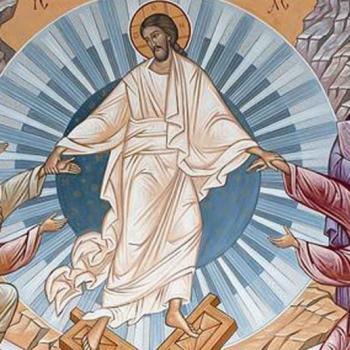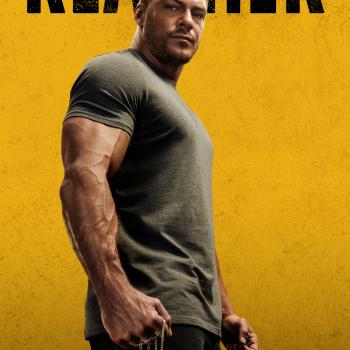Let's talk more about education, then. Your work, The Scandal of the Evangelical Mind, had an enormous influence amongst evangelical intellectuals. You have taught at Wheaton and Notre Dame, flagships institutions for evangelicals and Catholics. Was there ever a similar Scandal of the Catholic Mind? Or what can evangelicals learn from Catholics about education and cultural engagement?
The history of Catholic higher education is in many ways quite different from Protestant higher education. Catholics in America always had an anchor in European discussions, always had an outlet for training leaders. They retained an interest, for example, in Thomas Aquinas and in the philosophical and theological debates of the early modern period, in a way that is not common among Protestant evangelicals.
Catholics have confronted the different problem of figuring out how to bring ancestral wisdom to bear on very modern conditions. In the 19th century, popes who were conservative in their culture and philosophy as well as their theology made more difficult for American Catholics the task of communicating in a modern liberal democracy such as the United States. Since the mid-20th century there have been many exemplary Catholic intellectuals who have shown how that leap to the modern world can take place. They range across a wide spectrum, but you can think of people like Alasdair MacIntyre, Charles Taylor, and Mary Douglas. They are by no means identical in what they do or say, but they all show how the historical riches of Catholicism can be brought to bear on modern intellectual debates.
So, was there a scandal of the Catholic mind? Maybe so, in the sense of not knowing how to articulate traditional Catholic teaching in an American setting, but it was a different kind of problem than what engaged Protestant evangelicals.
Having seen the institutional approaches of these two flagship educational institutions for Catholics and Evangelicals, how might evangelicals benefit from learning about the Catholic way of doing education?
Two things would be most valuable for evangelicals to go to school on. The first would be what we've been talking about, the way in which Catholic higher education at its best brings alive resources from the past. Again, you'd have to ask the philosophers for the details, but I'm impressed with how a focus on Thomas Aquinas and the general Thomistic tradition has helped to give depth and breadth to Catholic theorizing.
The second area is the catholicity of Catholic higher education. Evangelical colleges (and we have one or two universities) tend to be more restrictive in hiring practices, and selecting students. Catholic schools tend to be less so. Notre Dame's faculty, for example, is about half Catholic and half non-Catholic. Evangelicals can go to school on the successes and difficulties of trying to organize higher education in that way. It is a different way of organizing higher education, and it has weaknesses as well as strengths. But the differences can be instructive to evangelicals.
James Davison Hunter's book, To Change The World, has aroused a lot of discussion in recent months. He sounds a call for "faithful presence." How do you see this in light of your call sixteen years ago for the cultivation of an evangelical mind?
Well, I should read the book before I pontificate. I've read some reviews and articles, and if I correctly understand what he's saying, it seems entirely compatible with what I was trying to urge. My own sense as a Christian believer is that there is never any guarantee for the outcome of what individuals do in any sphere of life. The Christian calling is always to pursue the vocation and pursue the virtues that have been set before us. So in that regard, success or influence is relatively out of the control of actors, although actors are to be faithful in what they are called to do. If that's the burden of his book, then I agree with it.
It's also an analysis of how influence works in culture through institutions of broad, extensive authority. As far as I understand it, that is an important point as well.
Since there is a sort of broad compatibility between your work and Hunter's, I want to mention two concerns that might be raised against Hunter or against you. One is voiced well by Andy Crouch in his review. He wrote: "A more practical question is what evangelicals might have done in the last century instead of retreating to the margins. A subcultural strategy can sometimes be wise -- if nothing else, it preserves an identity distinct from the dominant culture. I spent some of my formative years among mainline Protestants for whom ‘faithful presence' was the very watchword, but in practice that meant nearly complete cultural accommodation. This is perhaps the greatest practical obstacle to enacting Hunter's vision. Creating a strong alternative community to counter the dominant culture, while still boldly commissioning that community's members for presence even in places of great cultural power, has proven quite the sticky wicket for two millennia now." How would you respond to the challenge that faithful presence, or the desire to permeate institutions and elite circles, can, over the long haul, transform us away from the gospel more than it transforms the world toward the gospel?
That's quite a legitimate concern. And the history of mainline Protestantism should be a cautionary tale for all faithful Trinitarian confessional Christian believers.





